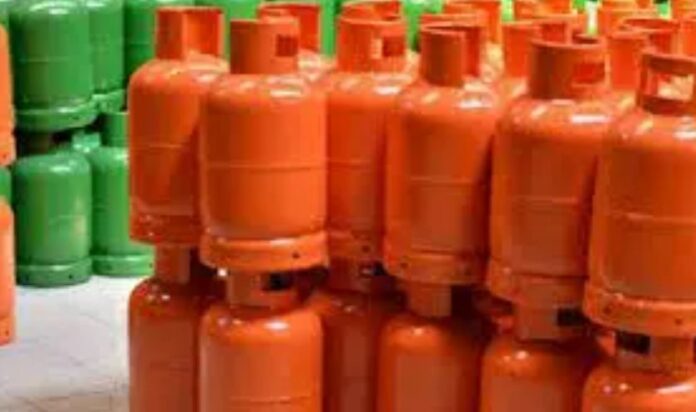
The National Petroleum Authority (NPA) has authorised some petroleum marketing companies to start the distribution of filled bottles of Liquefied Petroleum Gas (LPG) under the Cylinder Recirculation Model (CRM).
The authorisation, which went into effect on Friday, September 1, allows bottling plants to fill cylinders and sell them to the public through exchange points.
The CRM is a distribution system in which a consumer brings an empty cylinder to an exchange point in return for a filled cylinder, and the empty one is taken to a bottling plant, filled, and brought back for pick up by other consumers.
Mr Mohammed Abdul Kudus, Communications Manager at NPA, told the Ghana News Agency in Accra that the project was designed to reduce accidents at gas filling points in communal and residential areas.
He said research had revealed that the majority of incidents at gas filling stations occur during the filling or discharging of the gas, therefore the CRM was an attempt to move such locations away from residential areas to “ensure the safety of businesses, property and human life.”
Also, studies have proven that LPG is convenient, faster, safer and a better substitute for charcoal and firewood as sources of fuel for cooking.
Mr. Kudus indicated that for the time being, the national initiative would be implemented in the Greater Accra and Ashanti Regions.
“We are hoping that more business people will come into the space and establish bottling plants in other parts of the country.
We are expecting that as the exchange points come about, they will market their locations to the consumers. We have some of the existing refilling stations applying to convert into exchange points. It is for them to advertise themselves to the public. It is not for the NPA to do that. We are to regulate, license and monitor,” he explained.
The CRM will run in tandem with the current refilling stations for three years until the programme is perfected and instituted.
Mr. Kudus noted that for the time being, the consumer had an option of going to a CRM exchange point or an LPG refilling facility to fill and pay.
To purchase gas through the CRM, the consumer must first register with an exchange point in their area using the Ghana Card to create a database to enable the cylinders to be tracked.
Where the Ghana Card is not available, alternative valid national IDs such as a voter’s ID, NHIS Card, driver’s license, or passport can be used.
“We are assuring consumers out there that whatever product that they will be consuming from the bottling plants are monitored, certified, and guaranteed of quality and standard—so they should not entertain any fear at all in buying from them,” Mr Kudus said.
“We will play our regulatory, licensing, and supervisory roles to ensure a level playing field so that no one takes advantage of the other and that they get a good return on their investment,” he added.
GNA



